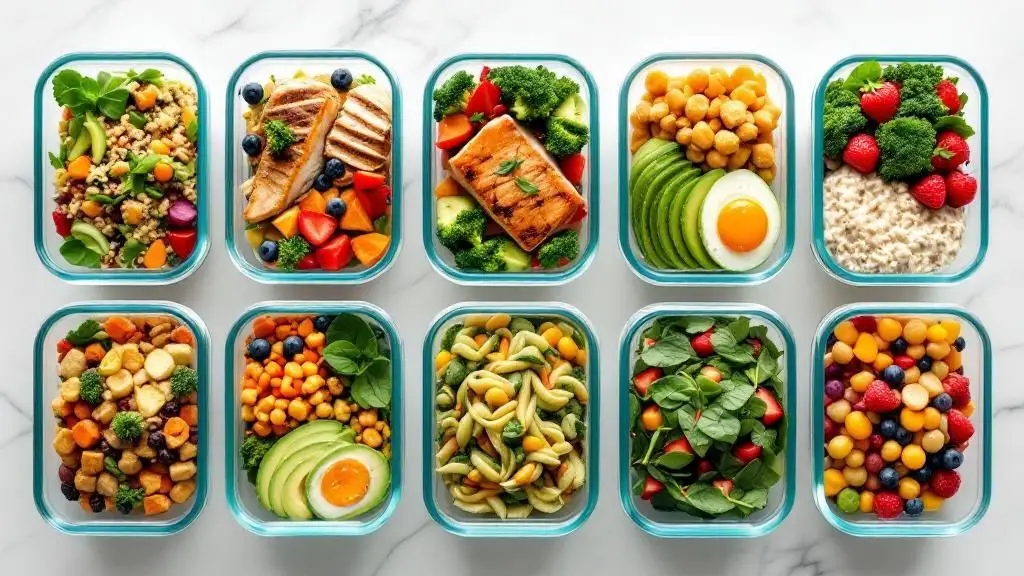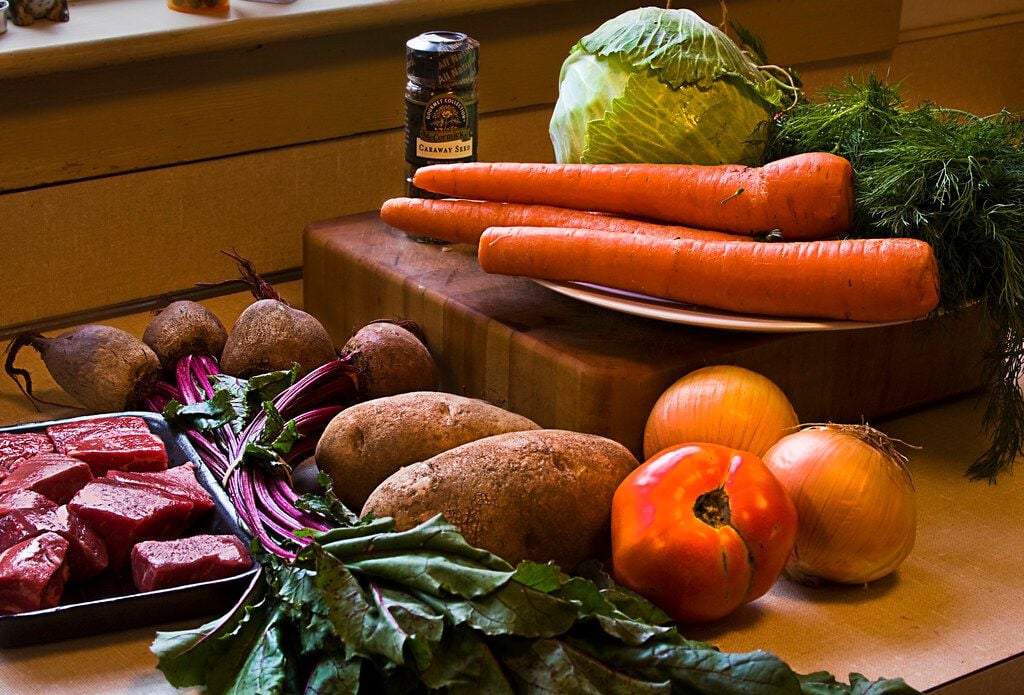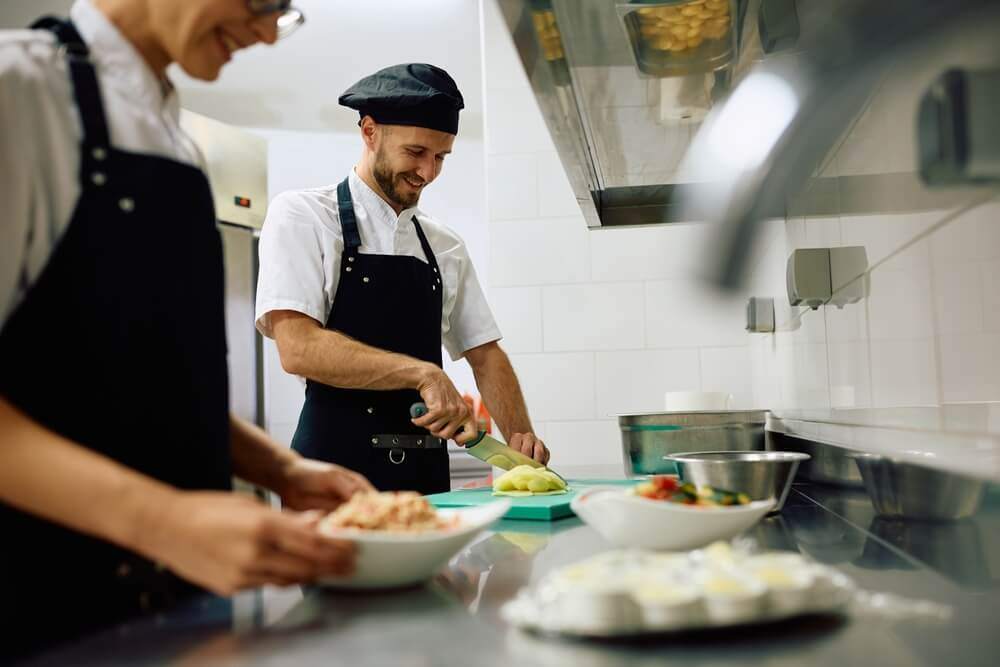
The Truth About Accidentally Consuming Mold
- Apr 6, 2024
Nothing can provoke a sense of home kitchen horror quite like the unexpected discovery of food covered in mold. Whether it's a furry strawberry or bread speckled with green, these signs could indicate that microscopic fungi have made an unwelcome entrance into your pantry.
When faced with this unfortunate situation, a common question emerges-what happens if you accidentally consume mold? According to Dr. Christine Lee, a gastroenterologist at the Cleveland Clinic, the immediate impact is quite minimal for most people.
"Beyond the initial disgust of consuming mold, there is little to worry about," said Lee. "If your immune and gut system are both healthy, and you're not immunocompromised, the accidental consumption of a small amount of mold won't have much effect."
However, the quantity of mold ingested can influence how the body reacts. As noted by Dr. Lee, consuming an excessive amount of mold could lead to nausea, indigestion, cramping, and potentially diarrhea. Yet, even these symptoms aren't necessarily detrimental. "These are merely your body's protective mechanisms, striving to eliminate the unwanted substance," she clarified.
So, if you accidentally consume mold, the best course of action is to follow "conservative measures"-rest and hydration being paramount.
Although the health impacts of ingesting mold are typically negligible, it's still not recommended to be part of your diet. "Mold can contain other infections or inhabit bacterial infections, which obviously have different consequences," explained Lee. For example, consuming listeria, a bacteria often found accompanying mold, can lead to a listeria infection whose extreme cases can be fatal. Exposure to listeria commonly arises from "eating inadequately processed deli meats and raw dairy products," added Lee, referring to information from the Mayo Clinic.
Moreover, any individuals with weakened immune systems, including those suffering from gastrointestinal diseases, could encounter increased complications from consuming mold. "Under these conditions, you're more susceptible, so it's smarter to sidestep it completely and ensure you're not placing yourself at further risk," advised Lee.
As the old saying goes, prevention is better than cure. "Interrogate where your food source is coming from," Lee suggests. Taking home leftovers? They should be properly sealed and promptly chilled, then eaten within a day or two or safely discarded.
And what should you do if you encounter something moldy in your kitchen? Throw the food away-completely. Mold spores, which are challenging to identify with the naked eye and can travel through the air, might be far more widespread than they appear.
Lee clarified, "You may only see visible mold on a couple of strawberries, but the remaining ones could still bear mold spores you can't see. To be safe, it's best to discard the entire package."
Practicing regular cleaning rituals, along with purging your fridge every few months, can also help keep mold at bay.






